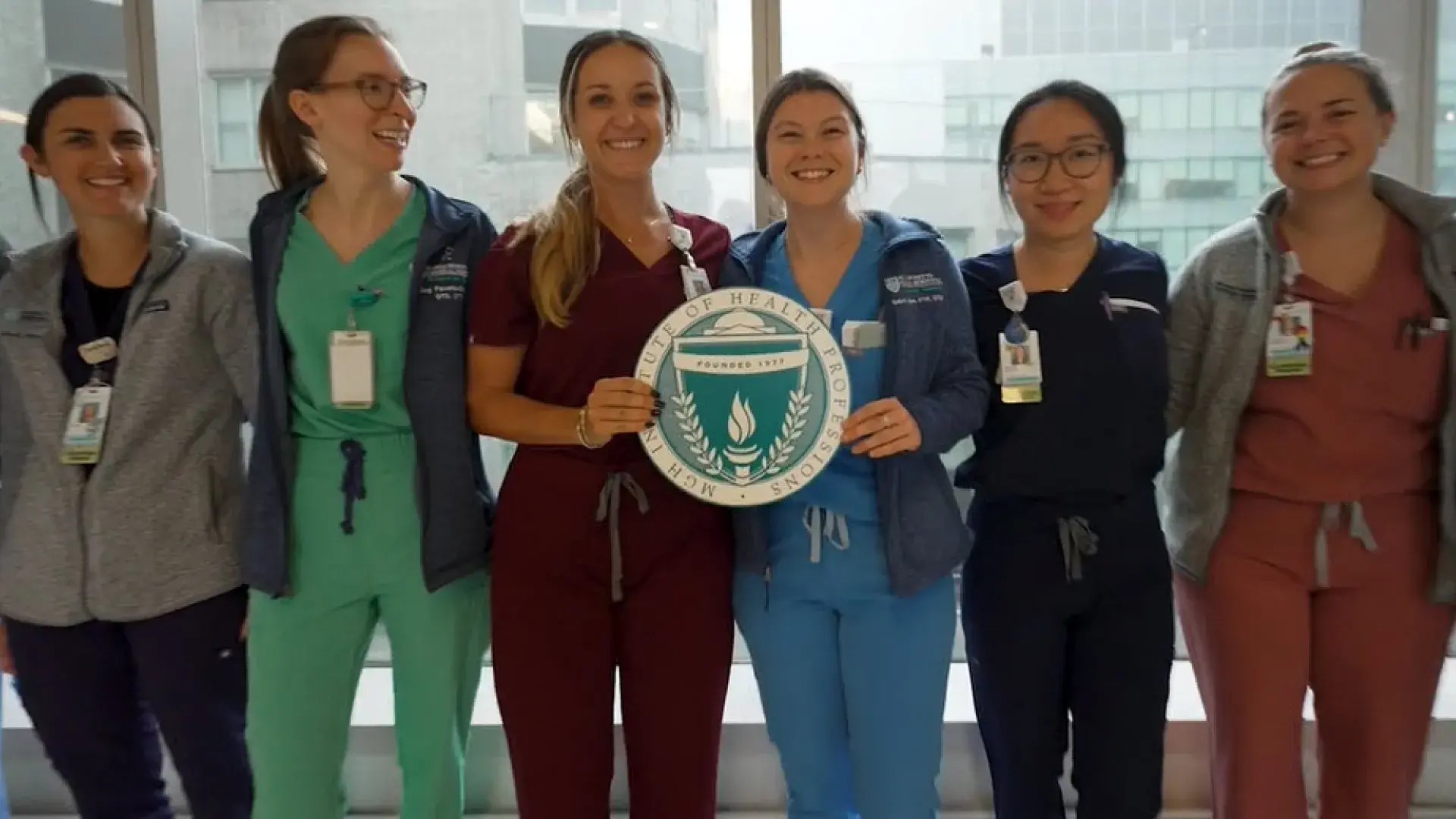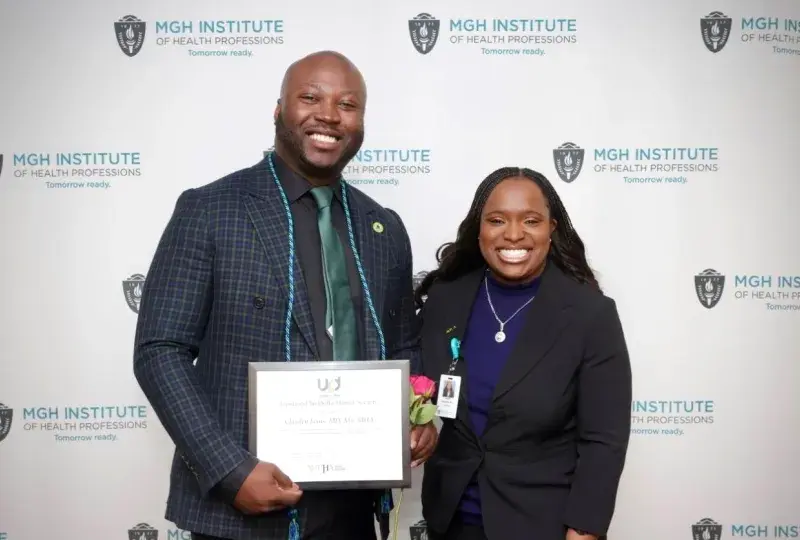
Interprofessional Expertise
Healthcare administrators are the backbone of healthcare facilities. In this 100% online Master of Health Administration (MHA) program, you will gain the inclusive leadership skills, interprofessional network and expert mentorship you need to drive transformative, equitable change within organizations and communities.












